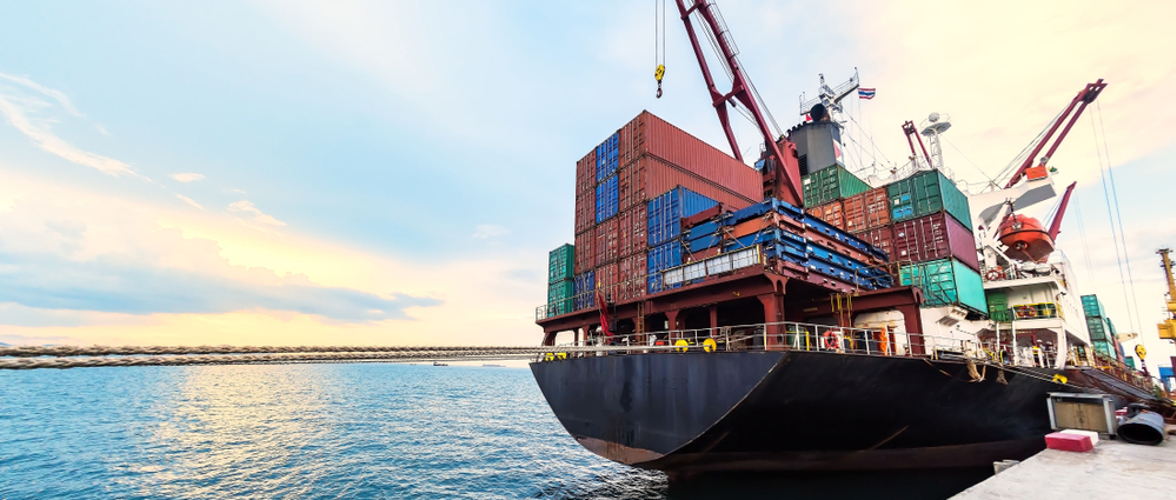Australia and the United Kingdom (UK) are on the cusp of finalising a new free trade agreement ahead of the upcoming G7 Summit in June, which would see tariffs gradually removed across a range of industries over the next 15 years. It would be the first trade agreement achieved by the UK since the exit from the European Union in January 2020. Negotiations on the Australia-United Kingdom Free Trade Agreement (AUKFTA) began in June 2020. The final agreement will likely reduce prices across a range of consumer staples in Australia, including whisky, gin, cheese, cars, apparel and ceramics. For Australian agricultural producers, lower agricultural tariffs are expected to unlock new export opportunities.
Trade summary
According to the Johnson Government, the AUKFTA is expected to increase GDP growth in the UK by 0.02% over the next 15 years. In Australia, no figure has been released to outline the impact on domestic economic growth. The UK is Australia’s eighth largest trade partner for goods, and third largest for services. Australia’s main exports to the UK include gold, lead, coal, wine, diamonds and machinery parts.

Australia’s main imports from the United Kingdom include medications, motor vehicles, alcoholic spirits and machinery components.

Digital trade
A major focus of the agreement is expected to be digital trade, with newly agreed standards likely to ensure customs duties are not imposed on electronic transmissions. Both nations are anticipated to maintain standards for personal data protection, and provisions for intellectual property rights. Geographic indicator rules will also likely be included, to ensure customers are not misled about the origins of goods such as Scotch whiskey.
Meat
The Australian Meat Processing industry, which currently generates less than 1% of its total export revenue from the UK, is expected to benefit from the AUKFTA. In 2020, Australia exported 560 tonnes of beef and veal, and 8,500 tonnes of lamb and mutton to the UK. Australian meat exports have been locked out of the Chinese market in 2020-21, driving a search for alternative export markets. However, the long distance between the Australia and the UK restricts the profitability of exporting meat. As a result, any growth in meat exports will likely be limited to high-margin premium meat products, rather than consumer supermarket staples. In addition, the UK’s tariffs on meat imports are unlikely to be fully removed immediately, due to fears of damage to local cattle and sheep farming industries. Tariff reductions will likely be phased in over the next fifteen years.
Sugar
Australia’s Sugar Cane Growing and Sugar Manufacturing industries are also likely to benefit from the AUKFTA. The new trade agreement is expected to reduce import tariffs on cane sugar, enabling Australian producers to compete with the UK’s sugar beet producers. Australia is unlikely to be the cheapest supplier of sugar to the UK, due to high transport costs, but is expected to remain competitive due to higher product quality. Before Britain joined the European Union in 1973, approximately 20% of the country’s sugar supply was imported from Australian cane fields.
Wine
The Wine Production industry is expected to be a significant beneficiary of the AUKFTA. The UK is expected to account for 18.6% of export revenue in 2020-21, equivalent to $431 million. The industry has sought out new export markets since the Chinese Government imposed large import tariffs. China was previously the largest market for Australian wines. Wine Production revenue is forecast to increase at an annualised 4.0% over the five years through 2025-26, to $7.9 billion.
Climate
The AUKFTA will also likely include commitments on sustainability and climate change, which may present a political headache for the Morrison Government. The trade agreement is expected to include provisions that restrict both countries from waiving domestic environmental protections to create an artificial competitive advantage. It may also include commitment to achieve net zero carbon emissions by 2050, although the Morrison Government has signalled resistance to making this pledge.
IBISWorld reports used to develop this release:
- Meat Processing in Australia
- Sugar Cane Growing in Australia
- Sugar Manufacturing in Australia
- Wine Production in Australia
For more information, to obtain industry reports, or arrange an interview with an analyst, please contact:
Jason Aravanis
Strategic Media Advisor – IBISWorld Pty Ltd
Tel: 03 9906 3647
Email: mediarelations@ibisworld.com








